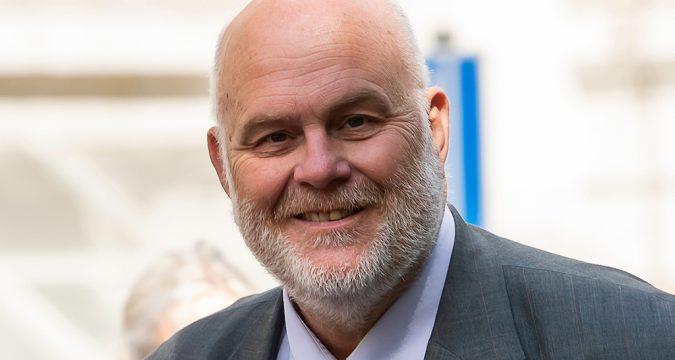 RFL Chairman NIGEL WOOD explains the rationale of the Super League clubs' decision last week to expand their competition to 14 teams from next season.
I AM delighted that at the Super League Meeting last week eleven out of twelve clubs voted for an expanded elite division in Europe, with no club voting against.
It was a unanimous vote for growt
RFL Chairman NIGEL WOOD explains the rationale of the Super League clubs' decision last week to expand their competition to 14 teams from next season.
I AM delighted that at the Super League Meeting last week eleven out of twelve clubs voted for an expanded elite division in Europe, with no club voting against.
It was a unanimous vote for growt Nigel Wood on why Super League is expanding, why panel is in place and what’s next
 RFL Chairman NIGEL WOOD explains the rationale of the Super League clubs' decision last week to expand their competition to 14 teams from next season.
I AM delighted that at the Super League Meeting last week eleven out of twelve clubs voted for an expanded elite division in Europe, with no club voting against.
It was a unanimous vote for growt
RFL Chairman NIGEL WOOD explains the rationale of the Super League clubs' decision last week to expand their competition to 14 teams from next season.
I AM delighted that at the Super League Meeting last week eleven out of twelve clubs voted for an expanded elite division in Europe, with no club voting against.
It was a unanimous vote for growt 